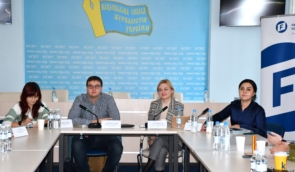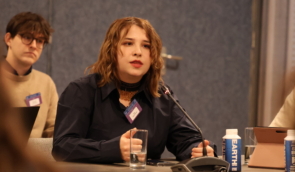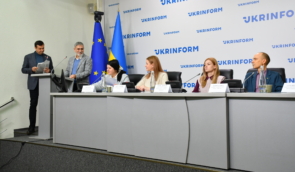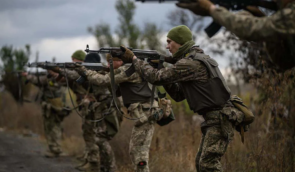Azov fighter who died in captivity tried to commit suicide due to brutal beatings — ZMINA
Oleksandr Ishchenko, a Ukrainian soldier of the Azov brigade, who died in a Russian pre-trial detention center, tried to kill himself several times during his captivity, reported the Human Rights Center ZMINA, citing sources.

As the organization found out, he did this while in captivity, in particular, due to constant brutal beatings during the escort from the pre-trial detention center to the court.
According to the results of the forensic medical examination, Ishchenko died as a result of shock caused by multiple fractures of the ribs and closed blunt force trauma to the chest. It was not possible to establish exactly when the man was injured.
The deputy commander of Azov, Svyatoslav (Kalyna) Palamar, wrote that Ishchenko’s death is “not just another cynical violation by the Russians of the Geneva Convention on the Treatment of Prisoners of War,” but also “a blow to human honor and dignity” and to international law.
He called on Ukrainian high-ranking officials, diplomats, and human rights defenders to tell the world about the death of the captured Azov fighter.
Background
During the session of the court in Rostov-on-Don, which is considering the case of the prisoner of war Oleksandr Ishchenko and 23 other Azov fighters, it was announced that he had died in the pre-trial detention center. Subsequently, the death of the soldier was confirmed by the Ukrainian Coordination Headquarters for the Treatment of Prisoners of War.
Ombudsman Dmytro Lubinets said that, according to the defender’s daughter, he died nine days before. However, no one officially informed the Ukrainian side about this. There was also no official notification of the cause of death.
Oleksandr served as a driver in the Azov Brigade, he was 55 years old. In February 2022, he joined the territorial defense of the Azov Brigade. In the spring of the same year, he was captured by the Russians in Mariupol and became a figure in the “criminal case” together with 23 other Ukrainians.
In captivity in the occupied part of Donetsk Oblast, Oleksandr was illegally accused under two articles – “participation in the activities of a terrorist organization” and “attempt to seize power by force”.
Source: Hromadske
If you have found a spelling error, please, notify us by selecting that text and pressing Ctrl+Enter.















